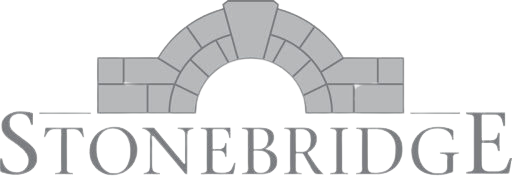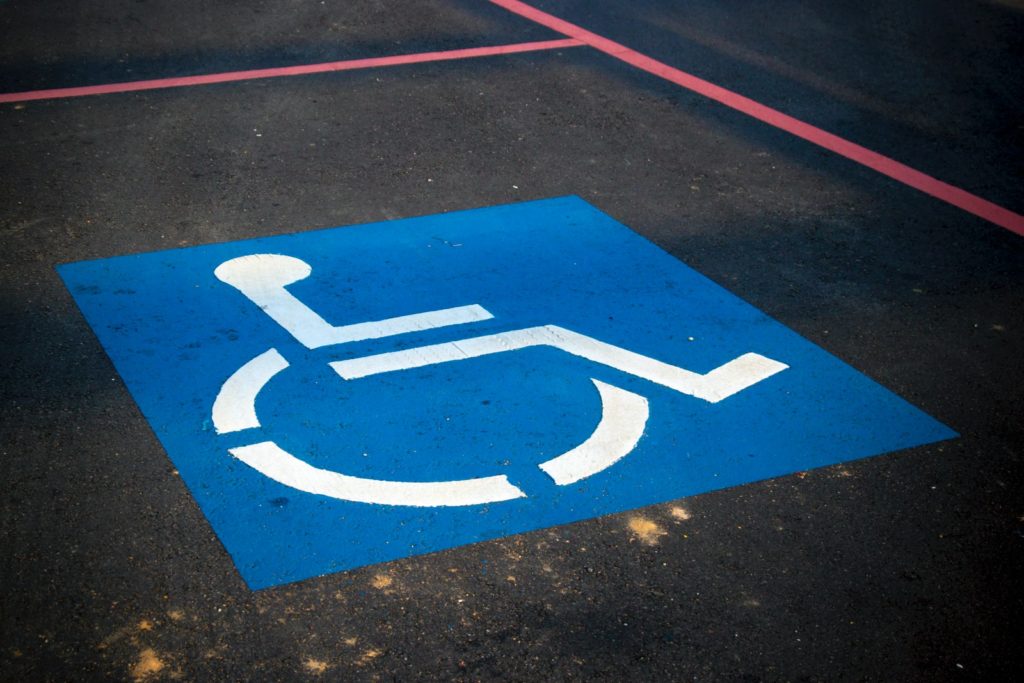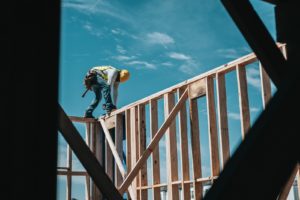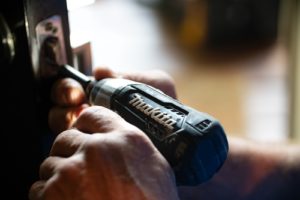In the world of construction and contracting, it’s vital for workers to ensure all of their work is compliant with the American Disabilities Act (ADA). This is especially true when working on any commercial building project. A business failing to meet ADA compliance standards could face steep penalties and fines if their location is not completely accessible. It is the responsibility of the contractor or construction group to advise clients on ADA compliance concerns.
Let’s get into some of the most common ADA compliant issues seen in the world of construction.
Wheelchair Accessible Ramps
By far one of the most requested accessibility concerns is with wheelchair ramps. From churches to office buildings and restaurants, these establishments need to have a wheelchair accessible ramp for those who are confined to a wheelchair. Without a ramp for proper access, a business is guaranteed to fail ADA compliance checks from the local government. If your business does not currently have a ramp attached to it, you’ll want to hire a contractor for this as soon as possible.
It’s also important to make sure the ramp is the right height, meaning it is accessible for all wheelchair sizes.
Parking Lot Issues
Any well-to-do business likely has a parking lot for its employees and customers. These parking lots need to have designated handicap spots for pickups and drop-offs. Failure to have a designated spot will result in ADA compliance problems, which will be flagged by the local government.
To overcome this, as a business owner, you will need to hire a contractor who has experience painting parking lots.
Inaccessible Restrooms or Changing Rooms
Another common check for ADA compliance at a business is how accessible the bathrooms and / or changing rooms are. Businesses need to have restrooms that can accommodate a wheelchair. Similarly, for apparel businesses, a wheelchair-accessible changing room is a must. Failure to provide these options for customers will likely result in a penalty or fine from the local government.
Accessibility for Senior Communities
Construction groups and contractors are often called to senior living communities too. Most any 55 and older community is ran by homeowners associations, and they will be the ones responsible for calling a contractor for improvements. These improvements typically include parking structure changes, adding a ramp to residential homes or ensuring the community clubhouse is ADA compliant. Although a residential space is left with less scrutiny from the local government, builders and community manager should be aware of compliance issues.
Ongoing Support for ADA Compliance
Staying compliant with ADA guidelines is something that is a must for business owners and community managers. They risk closure of their businesses if they are not able to stay compliant. It’s also important to note that changes happen all of the time; it’s up to the owner of the establishment to be aware of the changes and make necessary adjustments on their end.
As a contractor or construction manager, you’re encouraged to think how you might think ahead for ADA compliance. If you’re working on a new construction office building, consider all of the accessibility options outline here. And for independent contractors, think about how ADA compliance can help you further refine your skills and services.







